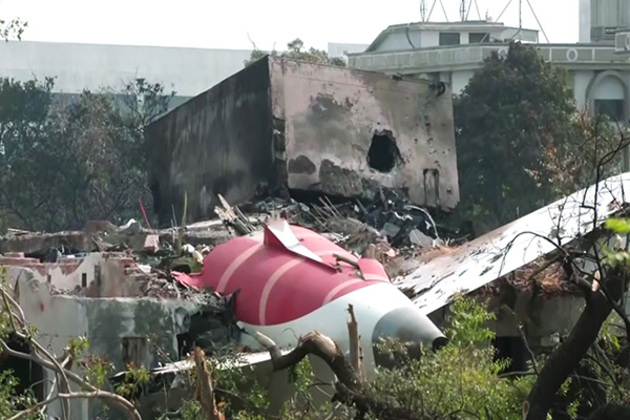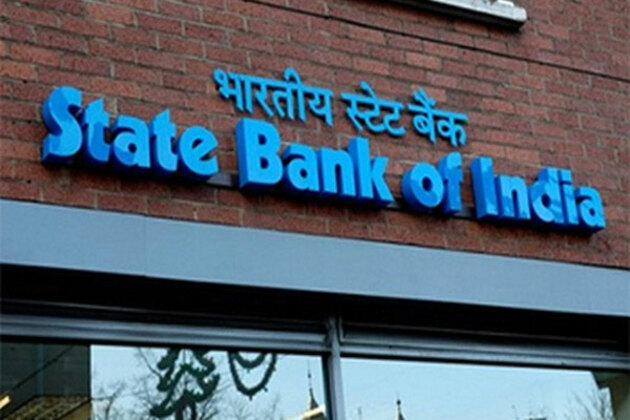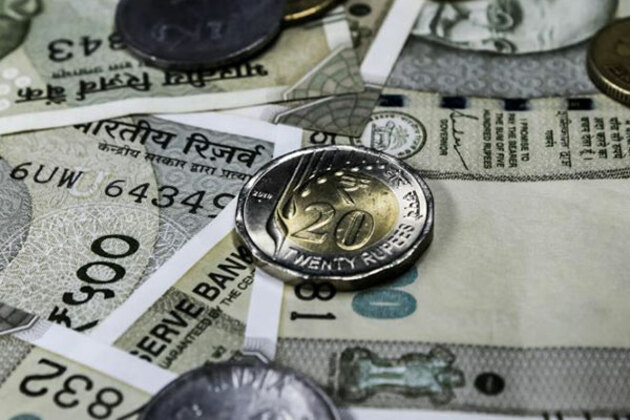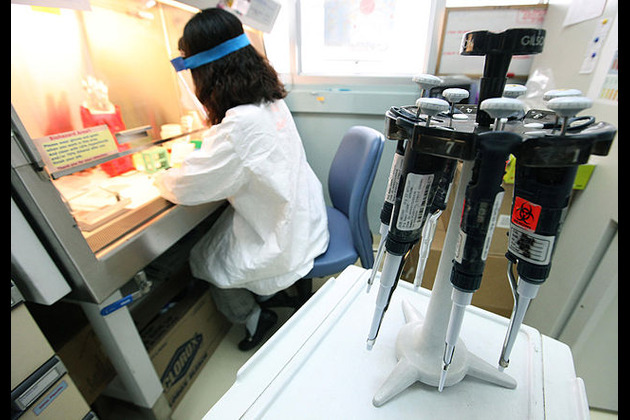Dear UN secretary-general, dont forget the internally displaced
The New Humanitarian
15 Jul 2019, 18:46 GMT+10
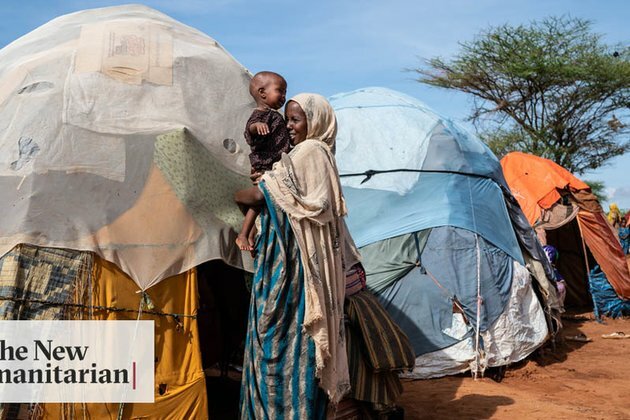
Last year, UN member states endorsed two landmark "compacts" designed to improve the global response to refugees and migration. Unfortunately, both accords had one glaring omission: internally displaced persons, or IDPs.
A staggering 41.3 million people are displaced within their own countries, with many living in dilapidated shelter, lacking sufficient access to basic services, and facing regular violations of their basic rights. Yet neither compact sought to improve assistance, protection, and solutions for IDPs.
Last July, the Norwegian government, along with 36 other states, sent a letter to UN Secretary-General Antonio Guterres requesting he establish a High-Level Panel on IDPs. Since then, nearly 60 governments have endorsed this call, including a number of states with IDPs. The secretary-general should move swiftly to establish this panel.
While there are multiple ongoing initiatives designed to improve protection and assistance for IDPs both globally and at the country level, none have yet been game-changers, nor have they addressed structural changes needed within the international humanitarian system. A High-Level Panel could be an opportunity to bring these various threads together and help build momentum for progress.
The time to act is right now, for IDPs face serious and growing challenges in many different contexts around the world.
Government pressure for premature returns and restricted access to aid pervades the response to conflict displacement in Ethiopia. South Sudanese IDPs face potential camp closures at UN protection sites before clear plans for safe, voluntary, and dignified returns are in place. In the Central African Republic, IDPs have been pressed to return to their home areas before those locations are deemed safe. And in Colombia, despite the continuing needs of the 7.7 million IDPs, attention and resources have shifted to Venezuelan refugees and migrants.
According to the Guiding Principles on Internal Displacement - international standards adopted 21 years ago - states bear the ultimate responsibility for the well-being of people displaced within their borders. However, governments are often unable or unwilling to respond effectively. In some cases, such as Syria, they are the cause of internal displacement.
Get our daily or weekly newsletter
Weaknesses in the international humanitarian system also contribute to inadequate IDP response. Although multiple agencies engage in IDP assistance, there is a clear lack of accountability within the system to stand up for the rights and protection of IDPs. Additionally, responses to IDP crises are usually significantly underfunded by donor governments.
A report, and a major summit
To be fair, this past year there have been several initiatives aimed at improving protection, assistance, and solutions for IDPs.
The UN Refugee Agency is set to launch a new, revised policy that elevates the agency's IDP protection role within its country operations. The UN's GP20 Plan of Action is a three-year plan to promote best practices among all involved in IDP response while calling for enhanced efforts to create national laws and policies on internal displacement.
Importantly, the World Bank, which recently established new financing mechanisms to support refugees and the communities that host them, is exploring opportunities to bring its development expertise to IDP situations. These are just some of the ongoing efforts, including sustained engagement with countries with IDP crises by the Internal Displacement Monitoring Centre.
But while these initiatives are important, they are not, on their own, likely to lead to robust changes in a system in serious need of coordinated reform.
At the very least, the creation of a High-Level Panel on IDPs would help focus global attention on the internal displacement challenges faced by so many individual countries and a growing underserved population group.
More concretely, members of such a Panel could pull together the most promising elements of ongoing disparate initiatives, while introducing and integrating their own ideas into an actionable and coordinated agenda for change - one backed by the political weight of the UN secretary-general.
The Panel could model itself after the 2015-2016 High-Level Panel on Humanitarian Financing that led to concrete changes, including the "Grand Bargain" - an agreement between the biggest donors and humanitarian agencies to improve the efficiency and effectiveness of humanitarian action.
The Panel must include prominent individuals from countries with IDP crises, donor countries, members of civil society, and the private sector. It should present its report to the secretary-general after no more than six months to a year of work. The urgency of those in need is too great to draw out the process beyond that.
The release of the report should coincide with a major summit on IDPs, incorporating member-states, humanitarian agencies, non-governmental organisations, and members of IDP communities themselves. This would build momentum towards implementing the panel's recommendations.
A High-Level Panel would not be a panacea to this major, complex, multi-faceted global crisis, but this issue deserves a direct spotlight. Secretary-General Guterres should do the right thing and move the ball forward, now.
 Share
Share
 Tweet
Tweet
 Share
Share
 Flip
Flip
 Email
Email
Watch latest videos
Subscribe and Follow
Get a daily dose of Colorado Star news through our daily email, its complimentary and keeps you fully up to date with world and business news as well.
News RELEASES
Publish news of your business, community or sports group, personnel appointments, major event and more by submitting a news release to Colorado Star.
More InformationInternational Business
SectionFoxconn iPhone exports from India now mostly headed to the US
NEW DELHI, India: Amid mounting U.S.-China trade tensions, Apple has sharply increased iPhone shipments from India to the United States,...
US: China lags in AI chips, but catching up fast
WASHINGTON, D.C.: The U.S. government estimates that Huawei will only be able to manufacture up to 200,000 advanced AI chips next year—well...
Ryanair CEO gets maximum bonus as Ryanair profits soar
DUBLIN, Ireland: Ryanair chief executive Michael O'Leary received a total pay package of 3.83 million euros for the financial year,...
Air India plane crash: 184 DNA matches confirmed, says Gujarat Home Minister
Gandhinagar (Gujarat) [India], June 18 (ANI): Gujarat Home Minister Harsh Sanghavi on Wednesday announced that 184 DNA samples have...
Govt's net borrowings under control, show steady trend: SBI Report
New Delhi, June 18 (ANI): India's market borrowing program has seen a stable and orderly evolution in recent years, with net borrowings...
Indian Rupee likely to trade between 85.25-86.25/USD in near term: Bank of Baroda Report
New Delhi, June 18 (ANI) [India]: The Indian rupee is expected to trade in the range of 85.25 to 86.25 against the US dollar in the...
US
SectionCanada seeking calm at G7, despite abrupt departure of Trump
BANFF, Alberta: The recent G7 summit has convened for the second and final day in the picturesque Canadian Rockies amidst escalating...
UNAIDS: Trump’s HIV aid cuts risk reversing global progress
JOHANNESBURG, South Africa: A key global plan to end AIDS as a public health threat by 2030 is now in deeper jeopardy after the United...
Meta buys 49 percent of Scale AI, brings CEO Wang to lead AI efforts
MENLO PARK, California: Meta Platforms has made a bold move to accelerate its artificial intelligence ambitions—by investing US$14.3...
Nippon Steel deal requires US security agreement
WASHINGTON, D.C.: This week, President Donald Trump signed an executive order that facilitates Nippon Steel's potential investment...
Crude spikes as Israel-Iran conflict reignites supply concerns
HOUSTON, Texas: Crude oil surged to multi-month highs this week, driven by escalating tensions in the Middle East after Israel launched...
Spotify, Discord disrupted by brief Google service glitch
MOUNTAIN VIEW, California: On June 12, Google announced that it had fixed a temporary global service disruption that impacted several...




